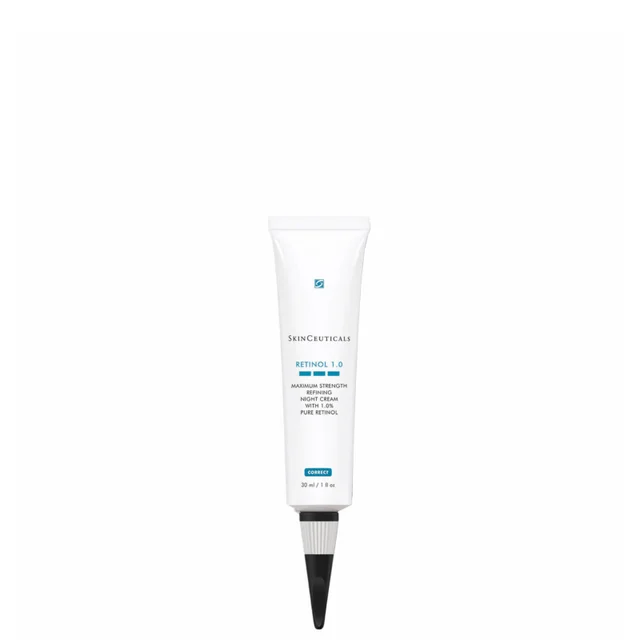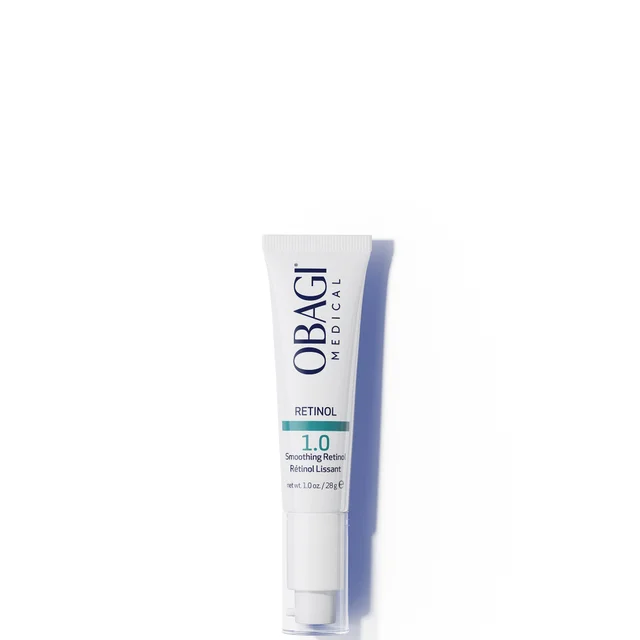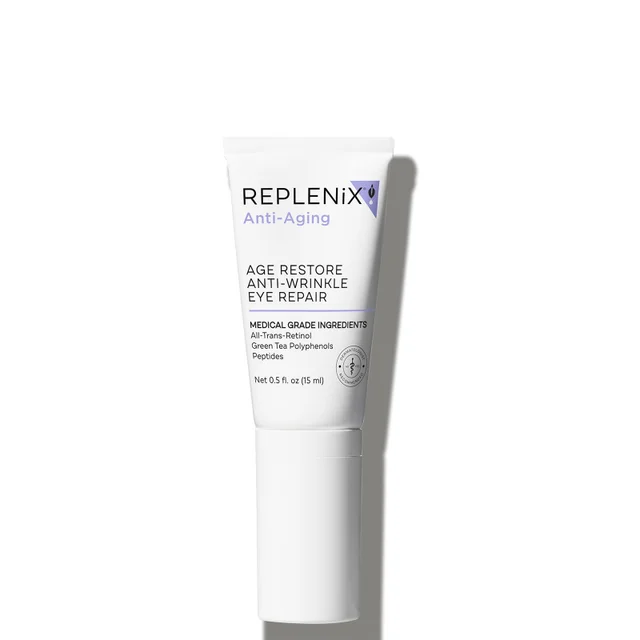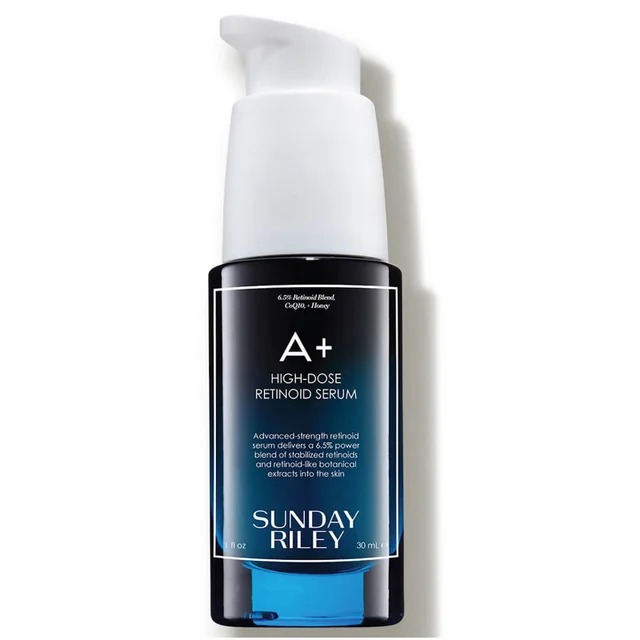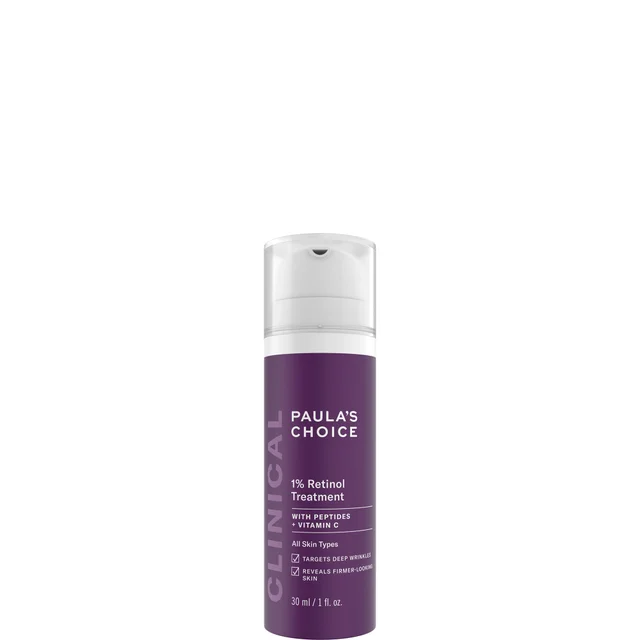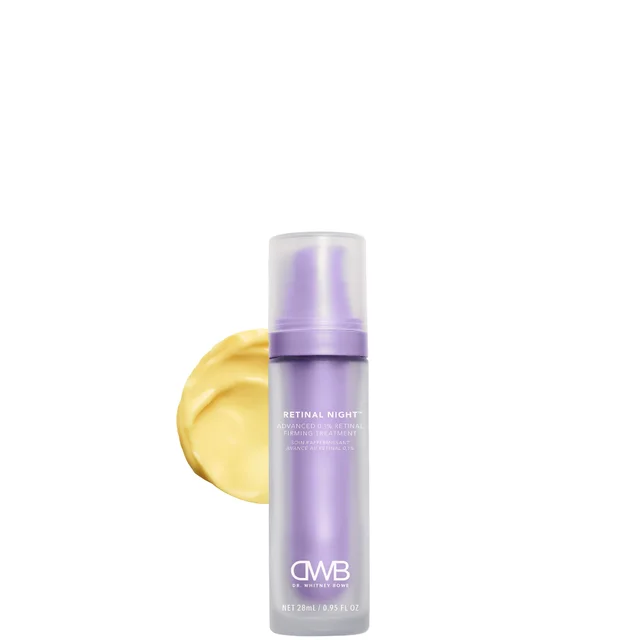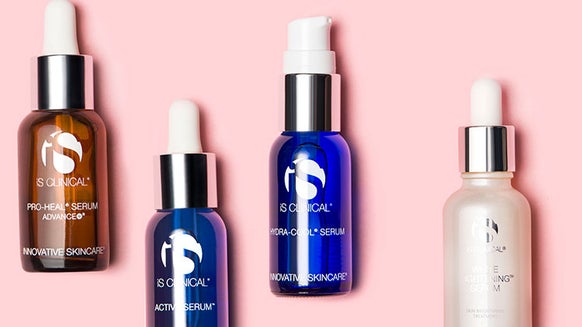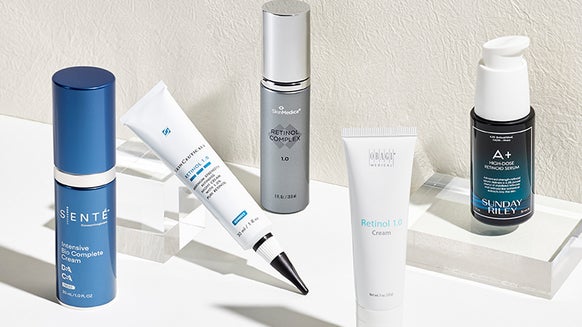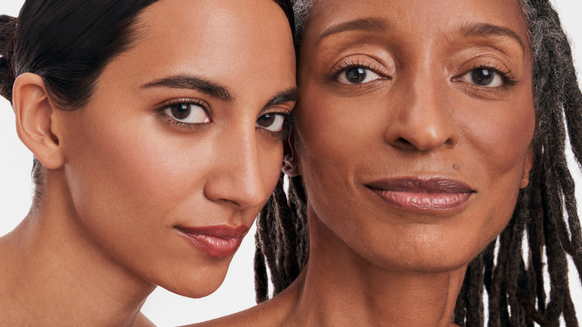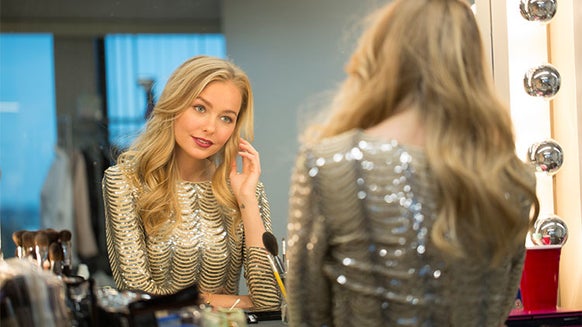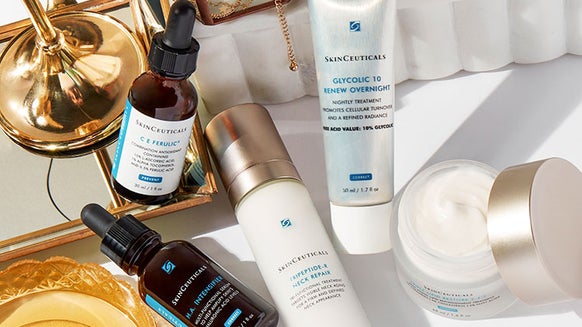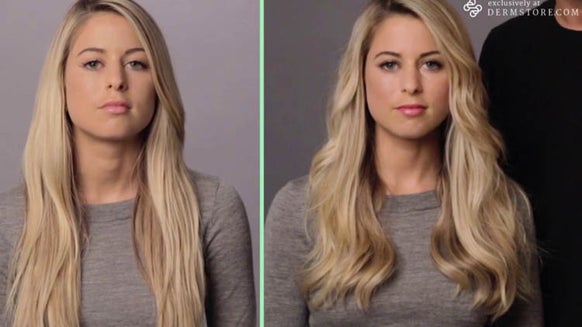What Are Retinoids? Here’s Everything You Need to Know
If there’s one skincare ingredient that every skin expert waxes poetic about in the skincare world and earns the holy grail status, it’s the cult classic retinoid. The vitamin A-derived ingredient is a must-have for skin health while staving off the common signs of aging, yet despite all of the press time surrounding using a retinoid for better skin, there’s still a lot of unknowns—yes, people still Google “what is a retinoid?”, as well as misinformation about it. Consider this your ultimate guide to all things retinoids.
Table of Contents:
- What Are the Different Forms of Retinoids?
- What Do Retinoids Do?
- What Are the Benefits of Retinoids?
- How Do Retinoids Work?
- Retinoids Are Sensitive to Light
- Prescription vs. OTC Retinoids
- Retinoids Uses for Your Skin
- How to Use Retinoids in Your Skin Care Routine
- Shop the Best Retinoid Products
What Are the Different Forms of Retinoids?
Retinol,retinyl palmitate and retinoic acid are all types of retinoids, but they are not all the same and vary in strength. Retinoic acid is the only one of the three that directly affects the skin, and it is only available by prescription. The other types of retinoids used in over-the-counter beauty products are still effective, but the process is slower. The skin has enzymes that naturally convert retinol and retinyl palmitate into retinoic acid.
What Do Retinoids Do?
Retinoids, originally used to treat acne and clear blackheads, are still used for that purpose today. Somewhere along the lines, it was discovered that retinoids also had remarkable anti-aging effects. Retinoids not only reverse the signs of natural aging, but they can also repair sun damage on the skin. Retinoids have been shown to reduce the appearance of fine lines and wrinkles, smooth the skin and even the tone. Retinoic acid, specifically tretinoin, also fights teenage acne, but is used for acne in those of all ages and sexes.
What Are the Benefits of Retinoids?
Regularly using a retinoid on your face has many benefits, running the gamut from increased collagen production to warding off acne and everything in between. No matter the reason for using a retinoid for skin health and improvement, there are two main types to choose from: over-the-counter retinol and prescription-strength retinoid, obtained through your dermatologist. While both are effective, a retinoid is far more potent with more visible results faster due to its higher concentration since the retinoic acid in a retinoid does not need to be covered, as is the case with retinol.
Available in several forms, including serums, creams, lotions, gels, and ointments, retinoids for skin health help improve the rate of skin cell turnover, which naturally slows with age. With less dead skin on the surface, pores are less likely to become clogged, leaving the skin looking fresh and glowy. Plus, retinoids are revered for their ability to stimulate new collagen production, helping to reduce the appearance of fine lines and wrinkles and leaving the skin looking plumper and healthier.
The most significant benefits of regular use of retinoids include:
- A reduction in acne, blackheads, and clogged pores
- Anti-aging benefits
- Less visible lines and wrinkles
- Reduced skin inflammation
- Reparative effects on sun-damaged skin
- Skin smoothing effects
- More even skin tone
- New collagen production
- Alleviating symptoms associated with and treating psoriasis, pigment disorders such as melasma, and some types of skin cancers
How Do Retinoids Work?
It does all this by helping the skin to produce collagen, the substance that gives skin its elasticity and youthful appearance. What makes retinoids so unique is that they stimulate cellular turnover in the deeper layers of the skin and actually communicate with living cells to make healthier, new cells. Thanks to this constant turnover, retinoids can treat both sun damage and wrinkles.
Retinoids Are Sensitive to Light
While it's a highly effective anti-aging and acne-fighting ingredient, retinol is a rather unstable molecule that breaks down easily when exposed to light and oxygen. If you see the word "microencapsulated" on a product label, it means the formula contains retinol enclosed in tiny, invisible spheres that break open when applied to the skin. These capsules protect the retinol from light, heat and air so they don't degrade as quickly as you're opening the product. They also control its release and delivery and allow it to penetrate deeper into the skin. Because of its light-sensitivity, always wear sunscreen when using a retinoid.
Prescription vs. OTC Retinoids
Because over-the-counter retinol products do not contain retinoic acid, they work more slowly than prescription-strength forms. However, this can be a good thing for some skin types, especially sensitive skin. The prescription retinoid is very powerful and can cause skin irritation, including redness and peeling. Whether you need the more powerful prescription formula or will benefit from OTC products depends on your goal. If you're in your 20s or 30s and want to get ahead of aging, an OTC product is likely all you'll need. But if you're 40 or older, the prescription-strength formula may be your best bet for addressing fine lines and wrinkles.
Retinoids Uses for Your Skin
There are more ways than one to use a retinoid for your face and improve the skin. While some fans of retinoids choose to incorporate the ingredient into their nighttime routine for its anti-aging benefits, others call it a go-to for its ability to clear up stubborn acne. Consider these uses the most popular reasons for adding a retinoid into your skincare routine.
Acne: Mild to more severe acne tends to respond well to a retinoid, especially if other treatments have not improved it. The reason? Retinoids work to unclog the pores, allowing for other active ingredients to work their way deep into the pores. Breakouts often diminish by removing dead skin cells from the pores. Plus, retinoids help reduce skin inflammation, a contributing factor to acne. Acne Scars: The lingering effects of acne can leave the skin inflamed, discolored, and indented. Retinoids help smooth the skin and restore it to its natural tone. Anti-aging and Wrinkle Reduction: Tretinoin received FDA approval for wrinkle treatment, but now, many forms of retinoids are used for this purpose since they stimulate new collagen and elastin, making the skin more elastic and supple. Along with increased collagen production, retinoids are also responsible for creating new blood vessel formation in the skin, giving it a glowy, healthy appearance that’s more even in tone. Hyperpigmentation: Dark spots often result from overexposure to the sun, causing an increase in melanin and leaving the skin with areas of discoloration. Routinely using a retinoid on your skin can help improve skin discoloration, even in some cases of melasma, over time. Psoriasis: Skin affected by psoriasis is often red, inflamed, and itchy. Yet, using a retinoid on the skin can help slow down the growth rate of skin cells, providing some relief and improvement.
How to Use Retinoids in Your Skin Care Routine
Retinoids benefit all skin types, yet to reap the benefits of a retinoid in your skincare routine, you need to use it correctly and always follow the instructions on the bottle or tube. Using more than instructed won't lead to better or faster results.
- About 30 minutes after washing your face at night, apply a thin layer of product to clean, dry skin and rub it in. A pea-sized amount is usually more than enough product for the entire face. If you’re new to retinoids, start off by using it sparingly and only a few times per week for the first few weeks. Then slowly work your way up to every night or every other night.
- Follow up with a gentle, noncomedogenic moisturizer. Since retinoids can be drying and irritating to the skin, a good moisturizer is a must.
- Always wear sunscreen in the morning. Retinoids make the skin sensitive to sunlight and can cause a burn if the skin is unprotected. It’s also best to avoid unnecessary sun exposure too. And, if the skin is sunburned, irritated, or broken, skip using a retinoid until it is healed fully.
Even if you don’t see skin improvements immediately, which you likely won’t after the first few times of using a retinoid, know that it is already going hard to work. Most retinoids take a few weeks of use before the initial signs of better skin can be felt and seen. It’s also normal for the skin to purge and look worse before it gets better (known as the retinol uglies), but it’s important to stick with it and let your retinoid work its magic.
Shop the Best Retinoid Products
1. SkinCeuticals Retinol 1.0 Maximum Strength Refining Night Cream
2. SkinMedica Age Defense Retinol Complex 0.5
3. iS Clinical Pro-Heal Serum Advance Plus
4. Obagi Medical Retinol 1.0
5. Replenix Age Restore Retinol Eye Repair
6. PCA SKIN Retinol Renewal
7. Medik8 Crystal Retinal 3 Serum
8. Sunday Riley A+ High-Dose Retinoid Serum
9. Paula's Choice CLINICAL 1% Retinol Treatment
10. Dr. Whitney Bowe Beauty Retinal Night Advanced 0.1% Retinal Firming Treatment

Elise Minton Tabin is an award-winning beauty journalist, editor, and beauty expert with more than 16 years of experience. She previously held the title of Executive Beauty Editor at NewBeauty magazine, where she reported on beauty, plastic surgery, anti-aging, health and wellness. She was also instrumental in the launch of the beauty supplement brand Hush & Hush. A self-professed beauty junkie and retinol and sunscreen pusher, Elise knows what’s new, what works and who’s the best to go for every procedure under the sun. Follow Elise on Facebook, Instagram, and on her beauty blog, elisetabin.com
